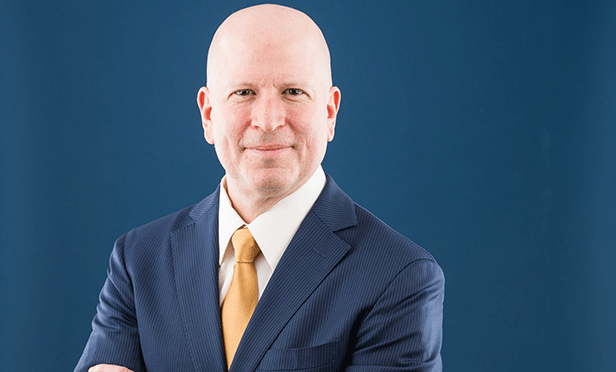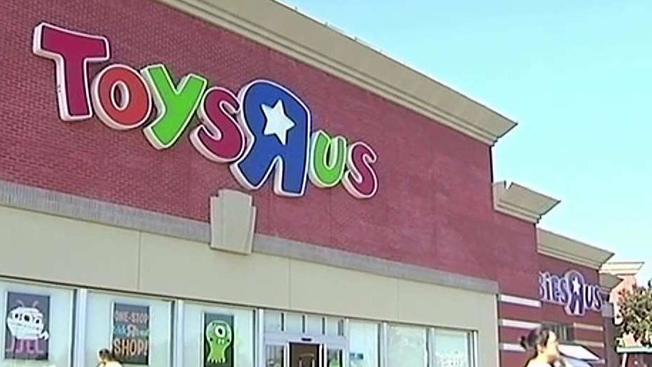NEWPORT BEACH, CA—Homeowners associations celebrated a legal victory in the Nevada Supreme Court last month when it was decided that that HOAs were allowed to foreclose on homes and then sell them for pennies on the dollar to recoup delinquent payments rather than waiting years for lenders to foreclose on the homes themselves. According to an article in the Wall Street Journal, the Mortgage Bankers Association has claimed that mortgage lenders could lose as much as billions of dollars in security interests by this practice, but Michael Meyer, managing principal of locally based investment-management firm TwinRock Partners, says these fears are unfounded and that the ruling is a good thing for all involved.
According to the article, TwinRock purchased roughly 100 homes at Nevada HOA sales in the past two years that it hopes to sell at a huge profit. GlobeSt.com spoke with Meyer to discuss the implications of the ruling and what it means for lenders and the housing market.
GlobeSt.com: Should HOAs have the right to auction delinquent homeowners' homes without the blessing of the mortgage lender?
Meyer: Yes. The problem is the law was written 20-something years ago with the involvement of lenders and I believe Fannie Mae, and it was well thought out as a way to protect all of the homeowners in an HOA. If it turned out that there were a large number of homeowners who weren't paying their dues because they were underwater on their mortgages, then this provided the HOAs with some muscle to get their dues paid so that all of the other owners in the association wouldn't have to pay more or lose services. If they had to pay more, a lot of associations in entry-level communities where people can't really afford to start paying more would be hurt, or the value of their condo or home would go down and more would default.
In essence HOAs are like many municipalities that provide all the services for cities, and they have taxing authority, so they get a priority lien when someone defaults on their payments. This gives HOAs the same rights as the City; it protects the value of neighborhoods and homes. It was supposed to be that banks would monitor and pay past-due dues—that's what they do with taxes—and then the HOA would be fine and the bank would decide what to do by either working it out with the borrower by doing a loan modification and adding what they paid to it, or deciding to foreclose. Either the bank would buy it back or someone else would buy it. If the bank buys it, they would end up selling it. If other people buy it, like we did, we would always either try to let the person who lost the home stay there as a renter if they could afford it or renovate the home and find tenants to live in it.
GlobeSt.com: So why didn't it work out this way?
Meyer: Just like with the sub-prime crisis, where the banks were packaging loans and putting them into certificates, the banks got caught with their pants down. They weren't tracking all the details of their loans, and then we had this whole big crisis. In this case, the banks didn't take care of these HOA liens and got caught with some foreclosures, so they started going through the court system to say that's not what this law really said. They lost in that regard. Now, nobody will be hurt because the banks will be on top of what they should do. It's a uniform law that was written for all the states, and about 20 states adopted it, including Nevada. There, the issue got taken to the Supreme Court, more or less on appeal. About two weeks ago, the Nevada Supreme Court confirmed that this is what the law says: if there's a foreclosure, the HOA gets a super-priority lien of nine months of past-due dues. They have the ability to foreclose because of that lien, and if they do, all junior liens are wiped out.
GlobeSt.com: Why do you feel this ruling won't have negative implications for mortgage lenders?
Meyer: There's a lot of discussion among mortgage lenders, the MBA and title companies, and there'll be some peripheral issues that get taken up in the courts. Banks are not going to want to accept this lying down. But it's really going to be very positive for the lending industry, too, once it gets settled down. What's supposed to happen is when the HOAs foreclose, after they try to work it out with the borrowers, then people come to those foreclosure auctions. It's all published and publicized, and they bid on the homes up to market value. The banks recover just as much as they would have recovered if they had foreclosed themselves.
In Nevada, this will create a lot of new jobs once it's stabilized. When values recover a little more, there will be a lot of home-building there. The technology revolution has been great for companies' efficiency, but people lose jobs; home construction is one area where whenever the economy improves, it creates a huge number of jobs for builders and servicers.
Stay tuned for an update to this story in which GlobeSt.com speaks with a mortgage lender to get their perspective on this ruling.
© 2025 ALM Global, LLC, All Rights Reserved. Request academic re-use from www.copyright.com. All other uses, submit a request to [email protected]. For more information visit Asset & Logo Licensing.







